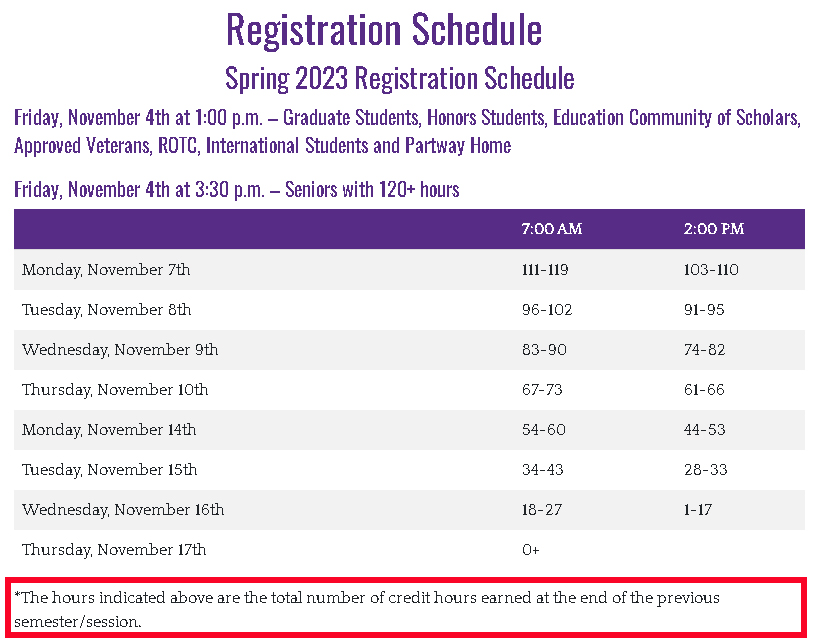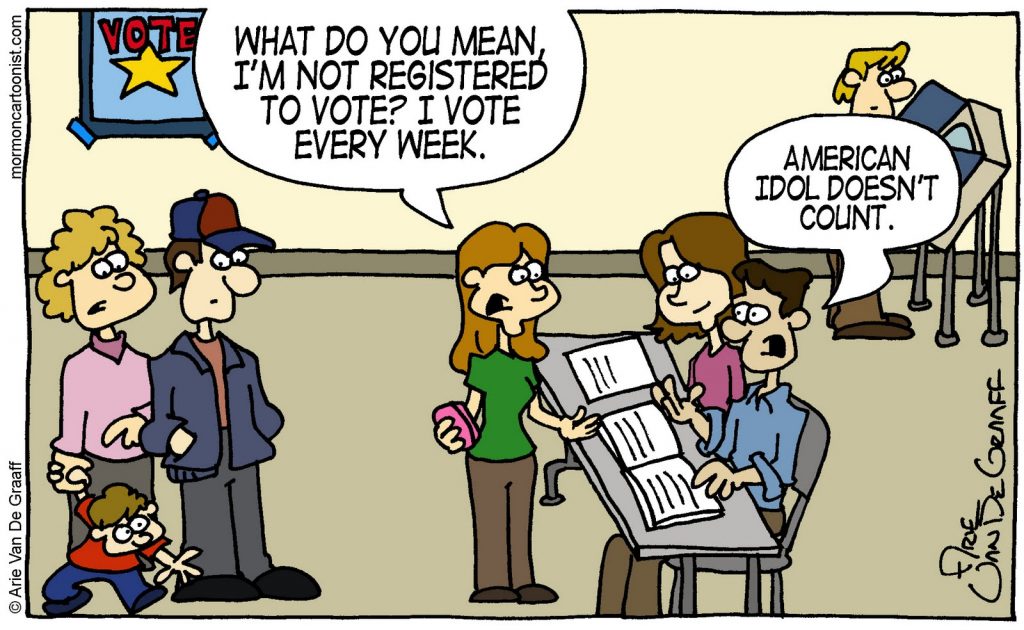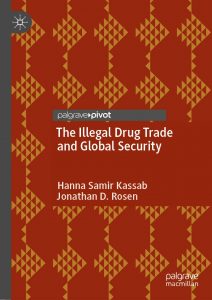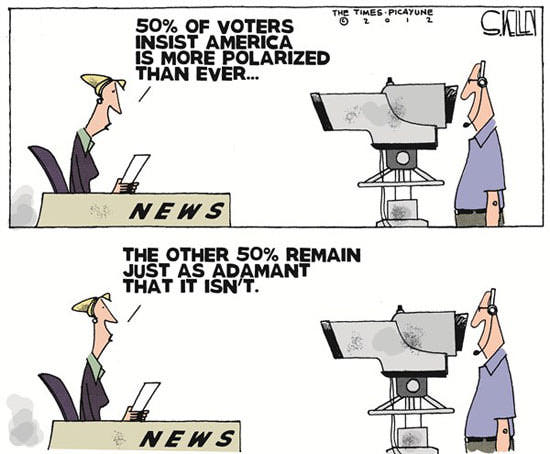Dr. Xu’s coauthored paper with Ljubinka Andonoska, titled “The Effect of Tax and Expenditure Limits (TELs) on State Pension and Other Post-Employment Benefits (OPEB) Funding: An Longitudinal Analysis of the U.S. States” was presented at the recent Association of Budgeting and Financial Management annual conference in Miami, FL.
The paper uses the panel data from 2006-2019 and applies two-step system Generalized Method of Moments (GMM) dynamic models to empirically examine one of the key fiscal institution – tax and expenditure limits (TELs), and how it is related to the funding of pension and other post-employment benefits (OPEB).
The data analysis finds that the stringency of TELs is positively related to funding ratio of state pension and OPEB after controlling for financial condition of state government and political factors. The effect of financial condition, measured through proxies including fund balance, revenue from intergovernmental transfer, debt and tax burden, seems to be very limited. Political factors measured as governor’s partisanship have a positively effect on pension funding but negative effect when it interacts with TELs. Unionization of public employees, which represents another political factor, seems not to be a significant factor.







